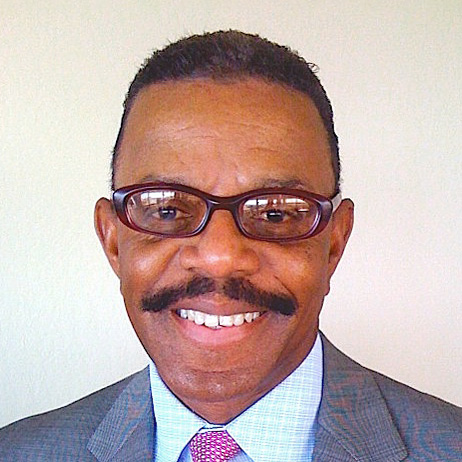Baseball great Tony Gwynn spoke softly but carried a big stick. That’s a lesson for all, especially our young black Generation X and millennials. Unfortunately, at least one generation of blacks knows very little, if anything, about him.
Sadly, Gwynn’s use of smokeless tobacco was a likely contributor to his recent death at the age of only 54. After Gwynn’s early departure, other ballplayers wisely stopped using tobacco. Young people would be wise not to start in the first place. They can learn a lot more from him.
Gwynn didn’t wear his pants down around his knees, and never worshipped at the bling-bling shrine. He did not hog the headlines with bad behavior, nor did he father babies he couldn’t take care of. Gwynn did not carry a gun and never spent time in jail. Neither did he “make it rain,” the current trend among some wealthy young black professional athletes, who flaunt their “bucks up” status at night clubs by tossing $100 bills in the air. On the positive side, Gwynn learned to make the best of what he had been given.
He was short of 6 feet tall and not exactly chiseled or swift afoot. Even so, Gwynn earned a basketball scholarship to San Diego State, made the All-Western Athletic Conference Team as a point guard, and drew attention from NBA scouts. In basketball, baseball and in life, he learned to use his head.
The way he studied pitchers—and his own swing—enabled him to hit above .400 in college and nearly repeat that feat in the majors, hitting .394 in 1994. In 20 years in the major leagues, Tony Gwynn won eight batting titles and knocked out 3,141 hits, ranking him 19th in major-league history.
He achieved a final batting average of .338, the highest since Ted Williams and 18th highest all-time. In 9,288 career at-bats, Tony Gwynn struck out only 434 times. However, with all his success, he never rested on his laurels or allowed himself to become complacent.
He knew that he could always get better, so he never stopped working. The results were evident. He posted a .372 average in 1997, toward the end of his career. His last year, 2001, it was a stellar .324. Nobody could accuse him of being “soft.”
Gwynn played hard, and catchers didn’t want to block home plate on him. Still, fans never saw him taunt an opposing player or indulge in trash talk. He let his bat do the talking, and opposing players found it hard to argue with that.
Unlike many others, Gwynn did not simply demand respect. He earned respect through performance and character. Everybody liked him, and that worked to his advantage.
Unlike other star players, Gwynn shunned steroids and so-called recreational drugs. Crime stories are now a staple of sports news, but he stayed out of trouble with the law. That was a moral issue, but also a wise business decision on his part.
Gwynn earned millions of dollars and could have bagged much more if he had tested the free-agent market. He put loyalty over money and chose to play his entire career with the San Diego Padres. Aside from his tobacco use, he would still be a role model even if he had failed at baseball.
He was also loyal to his wife, Alicia, his daughter Anisha, and his son Tony Jr., also a major-league player. Gwynn was all about possibilities, responsibility and humility. He quietly did his job and managed his responsibilities as a man, a husband and a good citizen.
His departure comes at a time when dysfunctional and destructive behavior is celebrated, marketed and promoted. Tony Gwynn’s legacy and memory would be well served if young blacks made him their role model and emulated his behavior.







